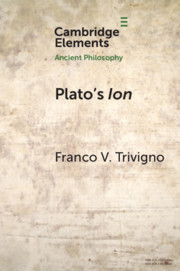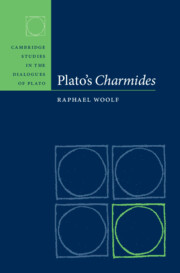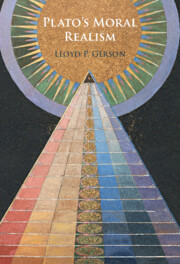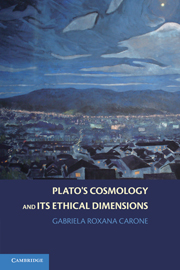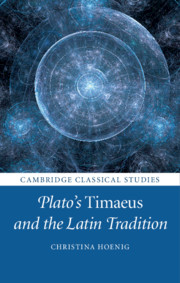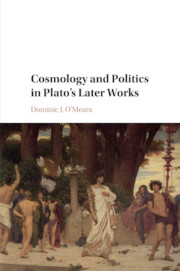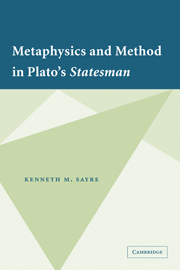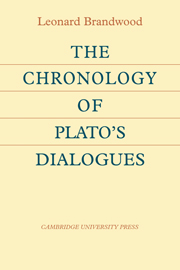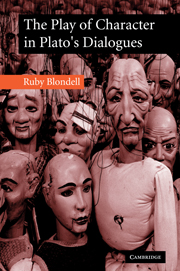Plato's Ion
Poetry, Expertise, and Inspiration
£17.00
Part of Elements in Ancient Philosophy
- Author: Franco V. Trivigno, Universitetet i Oslo
- Date Published: October 2020
- availability: Available
- format: Paperback
- isbn: 9781108713450
£
17.00
Paperback
Other available formats:
eBook
Looking for an inspection copy?
This title is not currently available on inspection
-
This Element defends an interpretation of Plato's Ion on which its primary concern is with audience reception of poetry. The dialogue countenances and rejects two models of poetic reception, the expertise model and the inspiration model, both of which make the audience entirely passive in relation to poetry; and it presents the character of Ion as a comedic figure, a self-ignorant fool whose foolishness is a function of his passive relation to Homer. In the end, this Element argues that, for Plato, critical engagement is the proper way for audiences to treat poetry. This view holds open the possibility that poetry may express some truths without thereby endorsing the idea that poets are experts who have authoritative knowledge.
Customer reviews
Not yet reviewed
Be the first to review
Review was not posted due to profanity
×Product details
- Date Published: October 2020
- format: Paperback
- isbn: 9781108713450
- length: 75 pages
- dimensions: 230 x 151 x 5 mm
- weight: 0.13kg
- availability: Available
Table of Contents
1. Introduction
2. The Opening Scene
3. The Expertise Model of Poetic Reception
4. The Inspiration Model of Poetic Reception
5. The Problem of Beauty
6. The Foolishness of Ion
7. The Critical Engagement Model
8. Conclusion
Bibliography.
Sorry, this resource is locked
Please register or sign in to request access. If you are having problems accessing these resources please email [email protected]
Register Sign in» Proceed
You are now leaving the Cambridge University Press website. Your eBook purchase and download will be completed by our partner www.ebooks.com. Please see the permission section of the www.ebooks.com catalogue page for details of the print & copy limits on our eBooks.
Continue ×Are you sure you want to delete your account?
This cannot be undone.
Thank you for your feedback which will help us improve our service.
If you requested a response, we will make sure to get back to you shortly.
×
